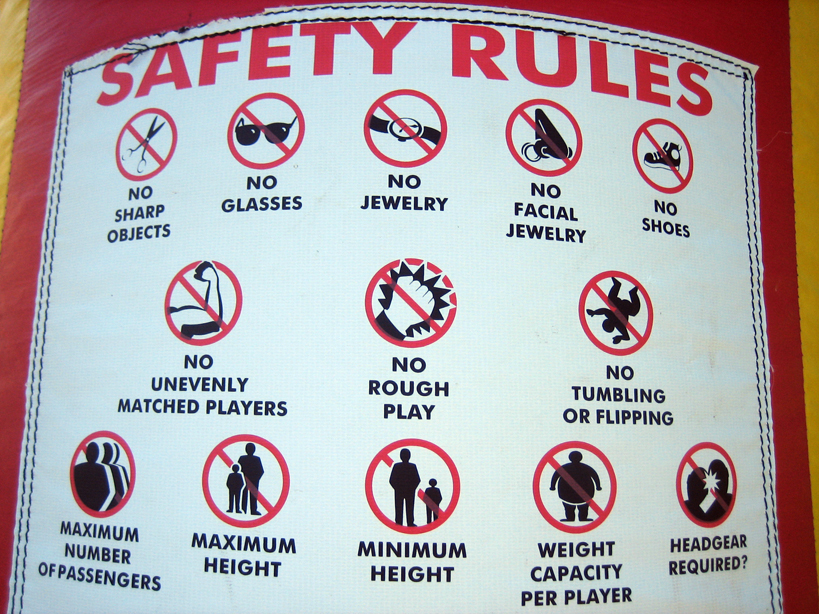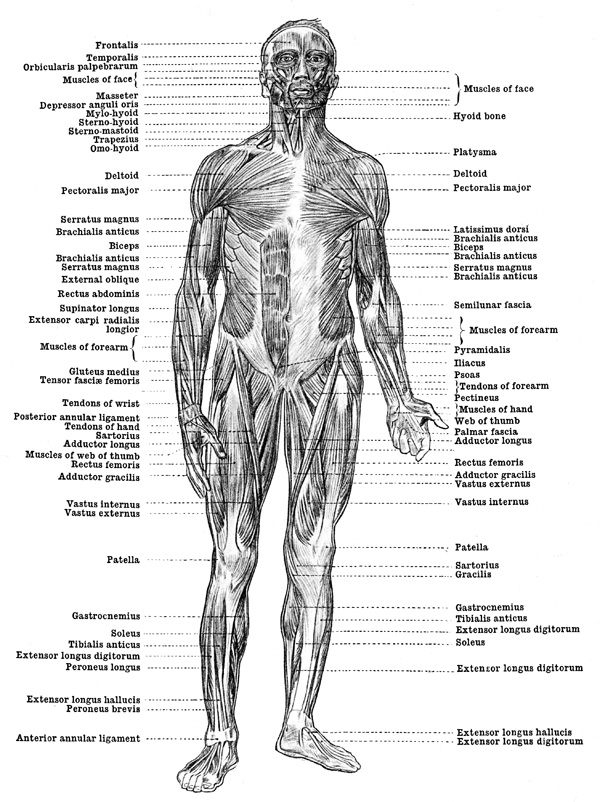If your employer has denied your workers’ compensation injury based on the fact that you “violated a safety rule” it is likely that you can still recover the benefits you are entitled to for your work injury.
Some states limit or completely bar recovery if an employee is found to have violated a safety rule when he or she was injured on the job. In Nebraska, however, the violation of a safety rule is not automatically deemed “willful negligence” as a matter of law, which would bar any recovery for workers’ compensation benefits. Instead, the Nebraska courts rely on five factors in determining whether the safety-rule violation would bar workers’ compensation benefits for injured workers. By analyzing these five factors, the court will determine if the safety violation rises to the level of “willful negligence,” which means that the employer must prove “a deliberate act knowingly done or at least such conduct as evidences a reckless indifference to the employee’s own safety”.
These factors were adopted by Nebraska courts when Roger Moore, from our law firm, successfully argued that his injured worker-client was entitled to workers’ compensation benefits even though the worker actually violated a company safety rule when he was injured on the job. See Guico v. Excel 260 Neb. 712, 619 N.W.2d 470 (2000). The Supreme Court sided with Roger Moore in determining his client was entitled to workers’ compensation benefits based on the following factors:
- Whether an employer has a reasonable rule designed to protect the health and safety of the employee,
- Whether the employee has actual notice of the rule,
- Whether the employee has an understanding of the danger involved in the violation of the rule,
- Whether the rule is kept alive by bona fide enforcement by the employer, and
- Whether the employee has a bona fide excuse for the rule violation.
Of course, oftentimes your employer cannot meet these factors, and your claim should not have been denied. For example, just because your employer gives you handbook one day with safety rules you are to follow (factor 1 above) does not mean it will be able to automatically deny your workers’ compensation claim. In fact, it is highly likely that your employer will have difficulty establishing the four other factors that follow.
In sum, it may take some work and some investigation, but if your workers’ comp claim has been denied for a violation of a safety rule, chances are good that you still may be able to recover benefits for your injury.








